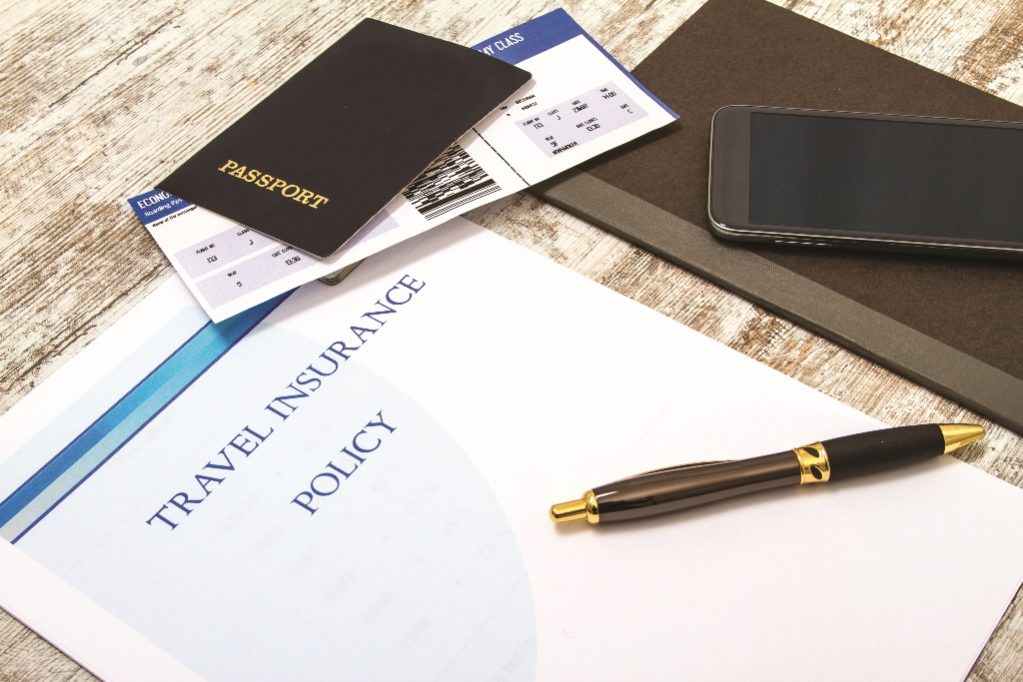With all the excitement and anticipation that comes with holidays it is so easy to overspend. Here are a few tips to manage your holiday finances and still have a lot of fun.
Plan ahead
By booking early, there is time to shop around for the best deals on fares, accommodation and tour packages. If your plans aren’t already in place, you will have little flexibility and will have to accept whatever is available. Last minute bookings can cost you much more than if you had booked weeks, if not months, in advance. This can get really expensive particularly for a large family.
Air miles are useful in offsetting some of your ticket or accommodation costs. However, it is a challenge to find air mile tickets during peak periods.
Draw up a holiday budget, and stick to it
You do not have to travel to an expensive and exotic location just because everyone else is doing so. Set an overall spending limit involving your family and try to stick to this. You will need to budget for the various aspects of holiday spending. Avoid borrowing to finance a holiday unless there is some certainty of an impending inflow of funds or other compelling reason to do so.
Loading...
Credit cards, debit cards or cash?
If you plan to use your cards while you are away, notify your bank or card company; as an added security precaution, many card providers look out for suspicious activity and your account may be suspended until they have confirmed that it is indeed you using the card.
As far as possible, use your debit card for withdrawals at ATMs during bank opening hours. Always hold some cash just in case your card is lost, stolen or fails to work.
Licensed bureau de changes are usually available at airports; this is very convenient particularly when you arrive, but they tend not to be as competitive as those in town. Also, be cautious when you patronize moneychangers, as there is the risk of being shortchanged or sold counterfeit money.
Beware of roaming charges
The new-generation smart phones provide us with instant access to the internet. We thus unwittingly leave ourselves open to exorbitant international roaming charges. The continuous activity as soon as we switch on our electronic gadgets utilizes data, leading to constant charging and a shocking bill when you return home.
Fortunately, smartphones have a range of options and you can choose which services to switch off. After disabling data services, you can still make and receive calls and send and receive text messages. In addition, you can turn this feature on and off, so you can still check your emails periodically.
You will have access to Wi-Fi hotspots at internet cafes and your hotel. Use ‘free’ hotspots with extreme caution, particularly for transactions; they may be convenient but are not always secure and you could be compromising your sensitive information. Reduce your vulnerability by using strong passwords and security software.
It makes sense to buy a local SIM card when you arrive at your destination, making calls will be much cheaper than using your usual number.
Are you insured?
While vacations usually go without incident, you don’t want to be caught unawares. What if someone in your family suddenly becomes ill? What if your luggage gets lost or you have to cancel your trip? Travel insurance usually includes coverage for medical bills, lost baggage and cancellations. Read the fine print to ensure that you have the best coverage at affordable rates and make sure you have your medical insurance card.
Above all, remember that a vacation is really about spending quality time with loved ones, resting and having time for yourself. It doesn’t have to be expensive; you can rediscover your own environment by visiting places close to home, revisit your hobbies, pastimes, and sports. With a little careful planning, you can find a balance between having a holiday and still keeping your finances in check.
For more personal finance tips, follow Money Matters With Nimi on Twitter: @MMWITHNIMI and Facebook: MoneyMattersWithNimi
Loading...
